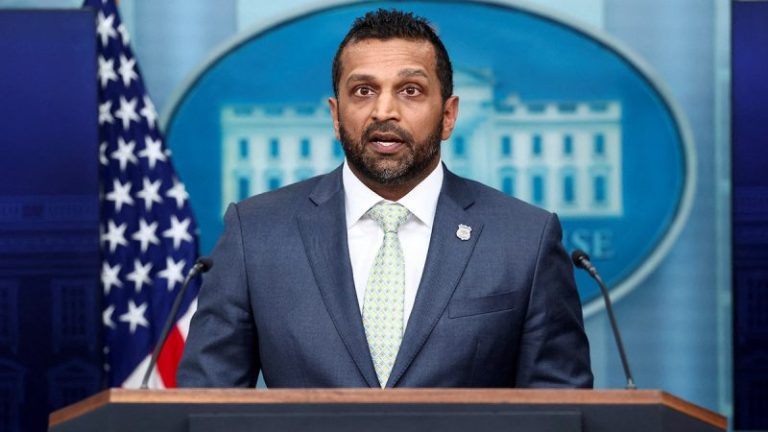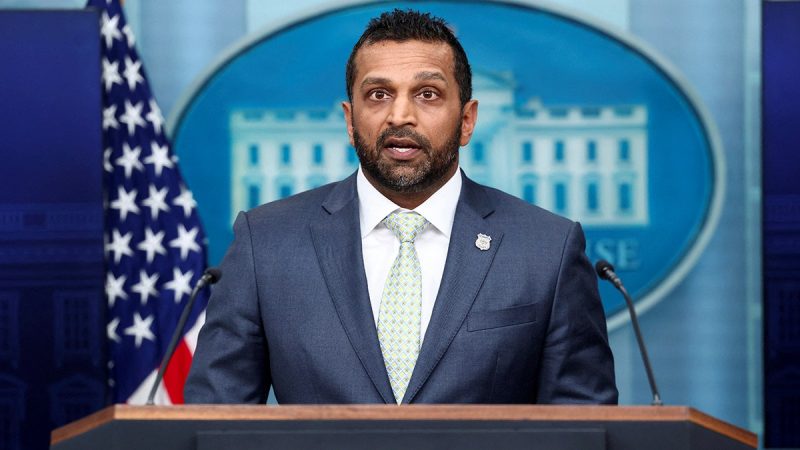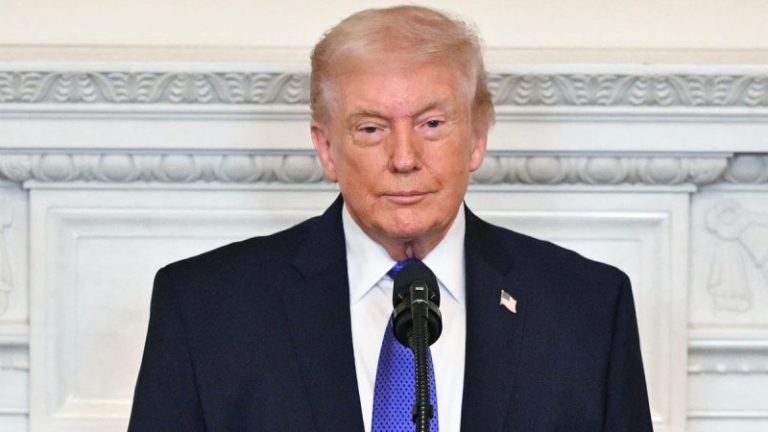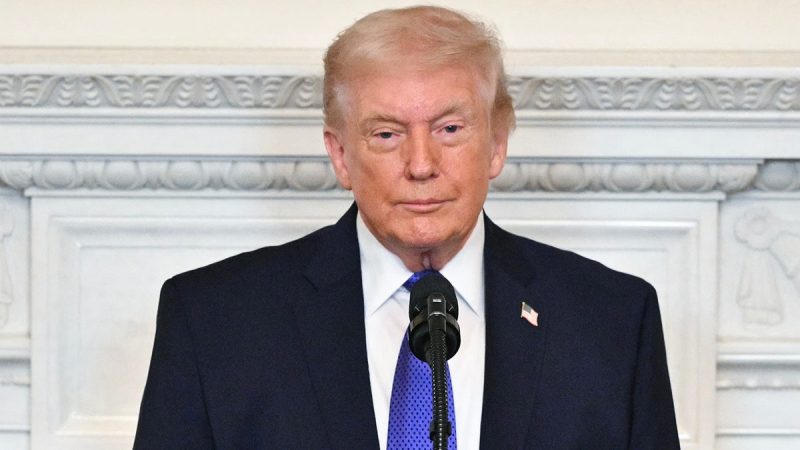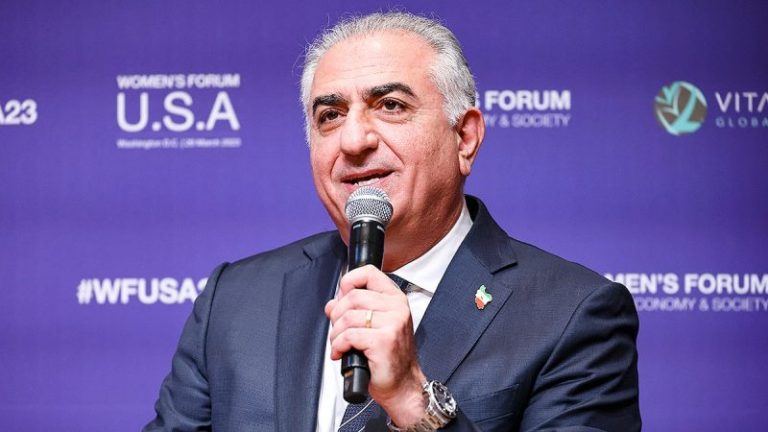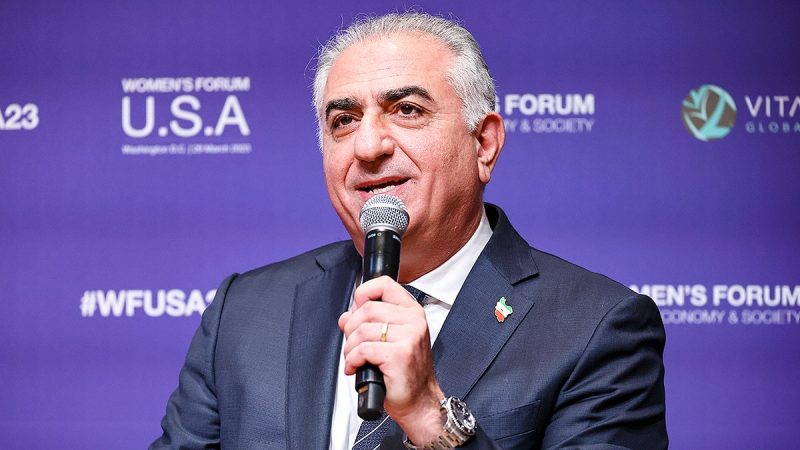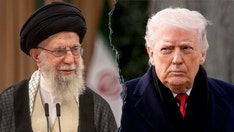
The Islamic Republic of Iran has built a coalition of largely Shiite terrorist proxies — the axis of resistance — that will join Tehran in counterstrikes in response to the joint U.S.-Israel preventive attacks on Iran’s military installations and leadership.
The most dangerous of Iran’s allies is its main strategic partner, the Lebanese terrorist organization Hezbollah.
Israel’s army had been intensely targeting Hezbollah positions ahead of the U.S. campaign, Operation Epic Fury.
Hezbollah
The Lebanese Armed Forces (LAF) is obligated to disarm Hezbollah, according to the November 2024 ceasefire with Israel.
‘In Lebanon, we continue to act daily against attempts by the Hezbollah terrorist organization to rebuild and rearm,’ Israel Defense Forces (IDF) spokesperson Effie Defrin said Friday.
‘An example of this is the strike we carried out yesterday in the Baalbek area, during which we targeted ammunition depots and eliminated terrorists from the Radwan Force. We will not allow Hezbollah to rebuild its capabilities and pose a threat to Israeli civilians.’
An official from Hezbollah said Wednesday that the jihadi terrorist organization will not intervene militarily if the U.S. delivers ‘limited’ strikes on Iran. Yet the Hezbollah official said the organization regards any attack against Iran’s Supreme Leader, Ayatollah Ali Khamenei as a ‘red line.’
According to the Israel-based Alma Research and Education Center (Alma), ‘Hezbollah fields a substantial combat force, estimated at around 40,000-50,000 active combatants and an additional 30,000-50,000 reservists. Central to its offensive structure is the Radwan Unit, which Hezbollah is making major efforts to rebuild and restore.’
IDF Lt. Col. (Res.) Sarit Zehavi, president and founder of Alma in northern Israel, told Fox News Digital the ‘Lebanese army is not putting much effort into disarming Hezbollah. The outcome of that is good intentions are just words. As a resident of the north, I have not seen any systematic disarmament.’
Edy Cohen, a Lebanese-born Israeli scholar of Hezbollah, told Fox News Digital the ‘Lebanese population does not see Hezbollah as resistance’ because Hezbollah lost its recent war against Israel. He said Hezbollah failed in its efforts to aid Hamas in Gaza to defeat Israel after its Oct. 7, 2023, invasion of the Jewish state.
Iraqi Popular Mobilization Forces
The second Iranian-backed proxy is the Shiite militia movement in Iraq. Entifadh Qanbar, a former spokesman for the deputy prime minister of Iraq, told Fox News Digital he believes the Shiite militia will join Iran in the war.
‘Many second-tier Shia leaders, militia lords, as I like to call them, harbor ambitions to rise and challenge the aging top-tier top leadership,’ Qanbar said. ‘They have accumulated enormous wealth, and the only way they can compete with the old guard is by proving to Iran that they are bold, reckless and ready to fight in defense of Tehran.
‘Their ambitions have blinded their rational thinking. These are militia terrorists with little understanding of the outside world, yet they are dangerously overconfident. They are loose cannons, completely out of control, and Iran is prepared to throw them into the fire because they are expendable. That is why you see Kataeb Hezbollah in Iraq issuing threats, while older, more established militias like Hezbollah Lebanon have made it clear they will not participate.’
The pro-Iran Iraqi militia accuses the U.S. of bombing it and pledged a retaliatory response on Saturday. Kataeb Hezbollah said the U.S. is responsible for a strike that targeted an Iraqi military base that houses the Iranian proxy militia. The Iraqi terrorist group says it will ‘soon start assaulting American bases in response to their attacks.’
Houthis
The third wing of the axis of resistance is the Houthi movement in Yemen.
The Iranian-backed Houthis in Yemen have decided to resume missile and drone attacks on shipping routes and on Israel in support of Iran, according to two senior Houthi officials who spoke on condition of anonymity because there is no official announcement from the Houthi leadership, according to The Associated Press.
One of the officials said the rebels’ first attack could come as soon as ‘tonight.’ Palestinian Islamic Jihad in the Gaza Strip is also part of the axis of resistance and Hamas and Iran are also partners in their campaigns to destroy the Jewish state.
THE Associated Press contributed to this report.












